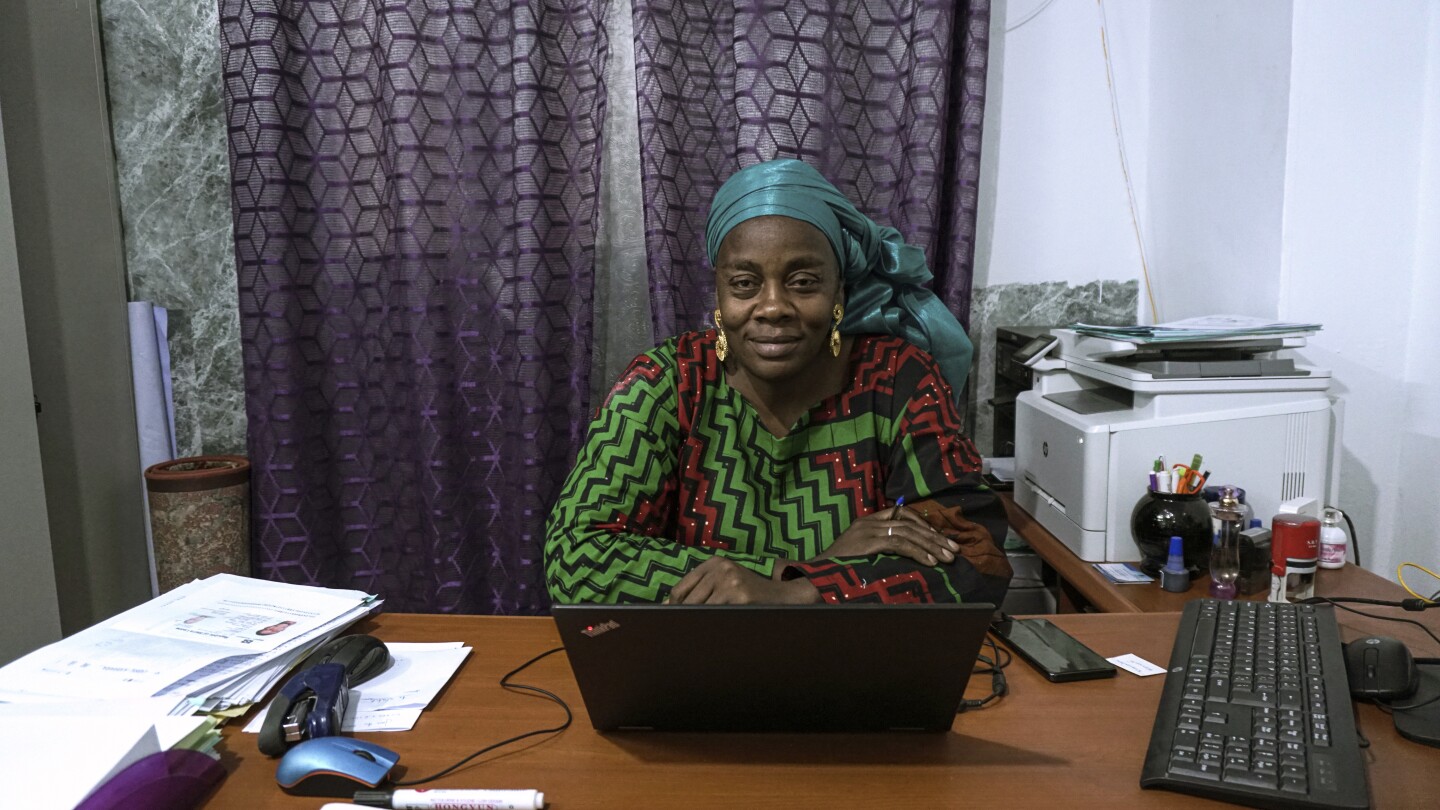Bridging Borders: Can Mauritania’s Schools Retain Young Migrants?
As the world grapples with increasing migration pressures, particularly from Africa to Europe, Mauritania finds itself at a crossroads. The country has become a significant transit point for young migrants seeking better opportunities abroad. However, amidst this challenging backdrop, a school initiative in Mauritania aims to provide education and hope for these youth. But will these efforts be enough to deter their perilous journeys to Europe? This article delves into the complexities of migration, education, and the potential for Mauritania’s schools to retain young migrants.
The Migration Landscape in Mauritania
Migration from sub-Saharan Africa to Europe is not a new phenomenon, but recent years have seen a surge in numbers. Young people, often driven by economic hardship, political instability, and lack of educational opportunities in their home countries, embark on dangerous journeys across the Sahara and the Mediterranean Sea. Mauritania, located on the Atlantic coast of West Africa, has become a key transit country for these migrants. Its geographic position makes it an ideal stop for those aiming for Europe, particularly Spain’s Canary Islands.
The International Organization for Migration (IOM) reported that thousands of migrants pass through Mauritania annually, with many being unaccompanied minors. These young individuals face numerous challenges, including exploitation, lack of basic services, and a high risk of human trafficking. In this context, the question arises: can Mauritania’s schools play a pivotal role in providing a safer, more hopeful alternative for these youth?
Educational Initiatives in Mauritania
Recognizing the urgent need to address the educational and social needs of young migrants, various organizations and the Mauritanian government have initiated programs aimed at integrating these youth into the educational system. The goal is not just to provide education but to foster a sense of belonging and community.
Innovative School Programs
One such initiative is the establishment of inclusive educational programs that target migrants and local children alike. These programs are designed to:
- Offer language support to help non-French speaking migrants integrate into the classroom.
- Provide psychosocial support to address the trauma many young migrants have experienced.
- Incorporate vocational training to equip students with practical skills for future employment opportunities.
These educational initiatives aim to create a more engaging learning environment, one that not only imparts knowledge but also promotes social cohesion. The hope is that by providing a quality education, young migrants will see a future for themselves in Mauritania rather than feeling compelled to leave for Europe.
Challenges and Barriers to Education
Despite these promising initiatives, several challenges remain that could hinder the effectiveness of educational programs in retaining young migrants.
Economic Constraints
Mauritania is one of the poorer nations in the region, and many families struggle to afford basic necessities. Consequently, education can take a backseat to survival. Families may prioritize immediate economic needs over long-term educational goals, leading to high dropout rates among young migrants.
Social Stigma and Integration
Social integration poses another significant hurdle. Young migrants often face discrimination and stigma from their local peers. This social divide can discourage them from attending school and participating in community life. Thus, fostering an inclusive environment where both migrants and locals can interact positively is essential.
Success Stories and Positive Outcomes
While the challenges are daunting, there are also success stories that highlight the potential of Mauritania’s educational initiatives. Many young migrants have found solace and purpose in their schooling, leading to improved life prospects. For instance, some students have gone on to pursue higher education or vocational training, securing jobs that enable them to support their families.
Moreover, schools that incorporate cultural exchanges and collaborative projects between migrant and local students have seen positive impacts on social cohesion. These initiatives help dismantle stereotypes and foster mutual understanding, which is crucial for building a harmonious society.
The Role of International Support
International organizations play a vital role in supporting Mauritania’s efforts to retain young migrants through education. Funding, training, and resources provided by entities such as UNICEF and the UNHCR have been instrumental in developing educational programs tailored to the needs of migrants. This support is crucial for:
- Capacity-building for teachers to effectively engage with a diverse student population.
- Developing curricula that reflect the needs and realities of young migrants.
- Creating safe spaces for students to express their experiences and challenges.
Continued international collaboration and funding will be necessary to sustain these initiatives and to expand their reach. The more comprehensive the support, the better the chances of success in retaining young migrants through education.
Looking Ahead: The Future of Young Migrants in Mauritania
The future of young migrants in Mauritania hinges on the effectiveness of educational programs and the broader socio-economic context. If the Mauritanian government, NGOs, and international bodies can work together to address the multifaceted issues surrounding migration, there is hope for a brighter future.
While challenges such as economic constraints and social stigma remain, the narrative surrounding migration can shift. Education can be a powerful tool in this transformation, providing young migrants with the skills, knowledge, and confidence they need to thrive. By focusing on their potential rather than their circumstances, Mauritania can pave the way for a generation that sees value in staying and contributing to their communities.
As migration pressures mount, the question of whether Mauritania’s schools can retain young migrants becomes increasingly relevant. The answer may lie in continued commitment to education, community integration, and international support—an optimistic path forward in bridging borders and fostering hope.
See more TED Talks World

